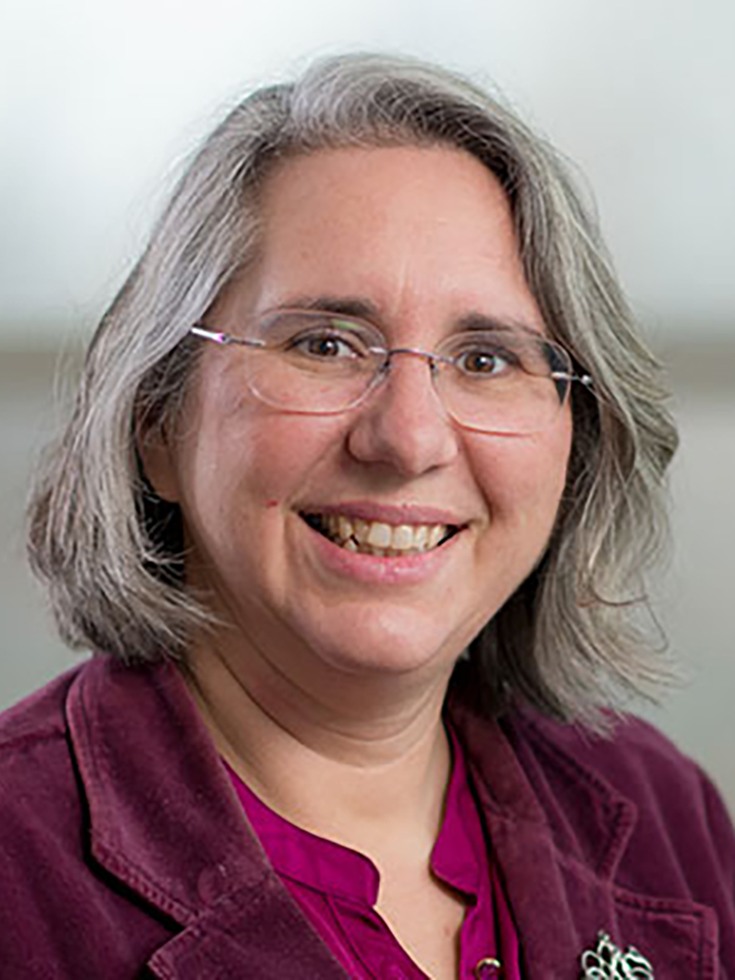PROVIDENCE, R.I. [Brown University] — One year into the COVID-19 pandemic, Americans are better educated in public health than ever before — the fact that “flattening the curve” is now a familiar phrase is evidence enough. And the nation has increasingly taken note of existing health disparities by race, ethnicity, geography and socioeconomic status as the pandemic affects communities disproportionately.
Academic leaders at Brown University’s School of Public Health say that the boost in public health awareness is one key factor behind a massive spike in interest in Brown’s master of public health program — a surge driven largely by applicants from groups historically underrepresented in higher education.
Colleges and universities nationally have seen 20% to 30% increases in MPH applications this year, the Association of Schools and Programs of Public Health reports. But the rise at Brown is even more striking: the MPH program received 948 applications, compared to 437 at this time last year — an increase of 116%. And the most dramatic increase in interest came from prospective students of color. The number of applicants who identify as Black or African American increased by 187%, and the number of Latinx applicants jumped 137%.
To stem the tide of overall applications and ensure the ability to give every prospective student the individual review they deserve, the school had to close its application period early, on March 1.
“We were getting five applications a day, then 10 a day, and the number just kept going up,” said Annie Gjelsvik, director of the Brown MPH program and an associate professor of epidemiology. “I think this shows how many people are truly understanding what public health means and how it plays out in our lives, and how they could apply public health skills to challenges in the real world.”
Meeting the moment
Even before the pandemic, scholars at the eight-year-old School of Public Health focused on advancing knowledge on pressing health challenges and enhancing population health and well-being for all —groundbreaking public health work on everything from the opioid crisis to health inequities to the quality of long-term care to HIV/AIDs to firearm injury reduction.
When COVID-19 became the country’s main focus, the dean of the School of Public Health, Dr. Ashish K. Jha, was out front and center, providing advice and guidance for not just the University community, but for an anxious nation. He believes the interest in the MPH program can be attributed to three primary factors: the global health emergency, the school’s long-standing focus on the importance of public health, and the high visibility of the work of Brown’s public health and medicine scholars.
“We’re living in a public health moment, and focusing on public health is a University priority,” Jha said. “On top of that, there’s a lot of interesting work coming out of the school related to the pandemic as well as to other health crises, and word has been getting around.”
The nature of the Brown MPH program makes it particularly suited for training leaders to deal with these messy, tumultuous times, he said. As is the case for Brown undergraduates creating their path of study through the Open Curriculum, MPH students are empowered to engage in the design and implementation of their educational experience. They focus on one of seven public health concentrations, and take general electives and other graduate-level courses. This broad scope, characteristic of the University as a whole, isn’t often a feature of other MPH programs.
“We want to make sure that the students are growing their knowledge within public health and also building new networks and encountering new concepts,” Gjelsvik said. “Consistent with the values of Brown, the MPH program offers a great deal of flexibility and support for helping individual students craft their own educational and intellectual path.”
